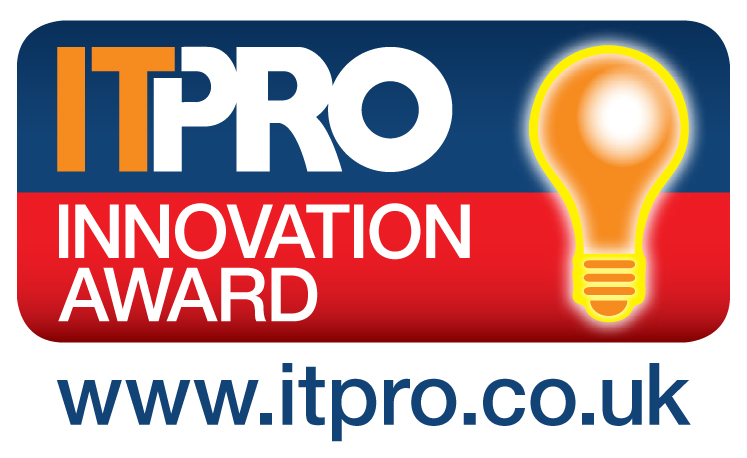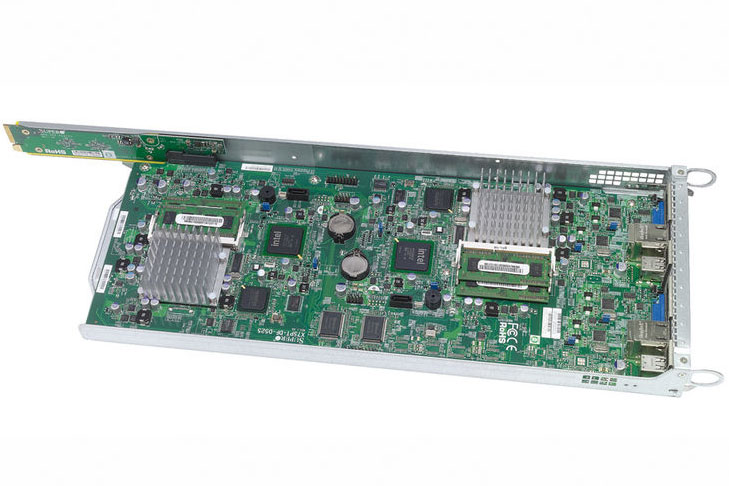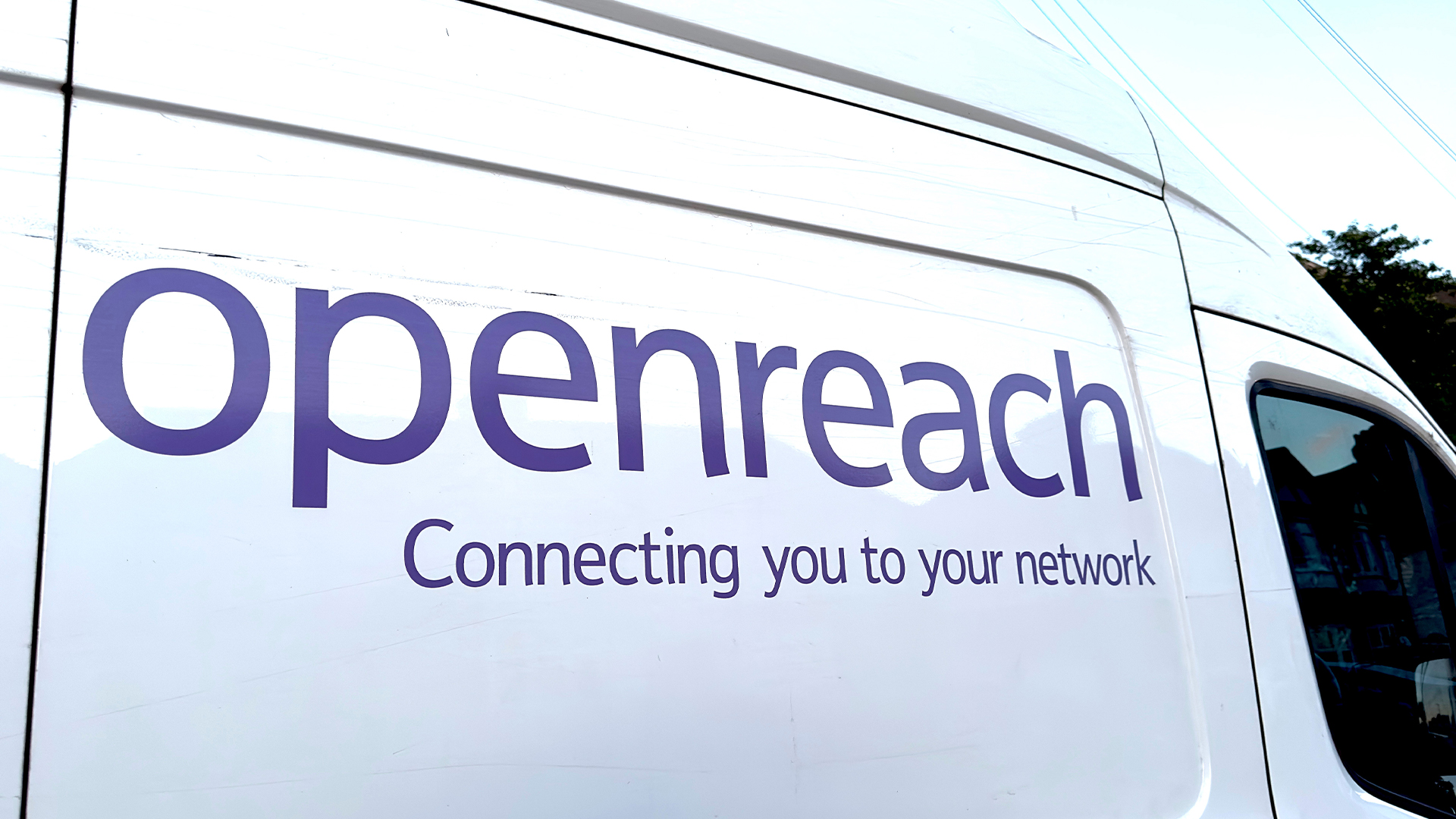Boston Green Power 2200-T review
If you thought Intel's Atom was only good for netbooks and NAS appliances then think again. Dave Mitchell reviews Boston's Green Power 2200-T to see how it's used these processors to squeeze eight independent server nodes into a 2U rack chassis.
The Green Power 2200-T finds an innovative use for Intel’s Atom processor and is well suited to running non-critical applications that don’t need a lot of horsepower. Cramming eight servers into a 2U chassis gives it a high rack density, the cost per node is very low and data centres that have maxed out their utility supply will appreciate its ridiculously low power consumption.

Many businesses don't use demanding applications. Consequently, they see little point in investing in servers using the latest multi-core Xeon and Opteron processors when most of their computing power will remain untapped.

Boston's Green Power 2200-T is designed for such businesses. It's a low cost, high-density system for running basic applications such as web serving and hosting, mail and BlackBerry services. It uses Intel's Atom processor and brings together eight, independent server nodes into a 2U chassis.
The 2200-T is based on Supermicro's Twin Cubed server platform which consists of a 2U rack chassis and four hot-swap trays each using an X7SPT-DF-D525 motherboard. The motherboards have two embedded 1.8GHz Intel Atom D525 dual-core processors and are designed to present each processor as a totally separate server.

One of the X7SPT-DF-D525 motherboards used in the Green Power 2200-T
The chassis has two hot-swap 720W 80 Gold Plus certified power supplies and both are cabled through to the hard disk backplane at the front. The motherboard interfaces are hard-wired though to a hot-plug bridge bar on the side of the tray which mates with the chassis backplane during insertion allowing it to receive power and hard disk storage from a single connector.
The chassis provides a total of 24 hot-swap SFF hard disks so each node gets three drives apiece and the price includes two 500GB disks per node. The motherboard's embedded Intel SATA controller supports mirrors, stripes and RAID-5 so storage redundancy per node is good.
A glance at the rear of each tray shows a complete set of ports for each server node comprising VGA, two Gigabit Ethernet and two USB2 ports. Further expansion isn't possible as the motherboards don't have any PCI Express slots or room for a mounting bracket on their rear panel.
Sign up today and you will receive a free copy of our Future Focus 2025 report - the leading guidance on AI, cybersecurity and other IT challenges as per 700+ senior executives
A drawback of using Atom chips is their memory limitations as the motherboards only have two SO-DIMM slots for each node. The Atom's maximum supported memory is 4GB of 800MHz DDR3 and this is also the unbuffered, non-ECC variety so we wouldn't recommend using this server to run mission-critical applications.
Dave is an IT consultant and freelance journalist specialising in hands-on reviews of computer networking products covering all market sectors from small businesses to enterprises. Founder of Binary Testing Ltd – the UK’s premier independent network testing laboratory - Dave has over 45 years of experience in the IT industry.
Dave has produced many thousands of in-depth business networking product reviews from his lab which have been reproduced globally. Writing for ITPro and its sister title, PC Pro, he covers all areas of business IT infrastructure, including servers, storage, network security, data protection, cloud, infrastructure and services.
-
 'The pace of innovation at Snowflake is in overdrive': Buoyed by OpenAI partnership, firm teases more big things to come
'The pace of innovation at Snowflake is in overdrive': Buoyed by OpenAI partnership, firm teases more big things to comeNews Snowflake’s executive vice president of product highlights key innovations that are being brought to market at super speed
By Maggie Holland Published
-
 Openreach wants enterprises to move quickly ahead of the PSTN switch-off, so it’s hiking prices on legacy services to push them into action
Openreach wants enterprises to move quickly ahead of the PSTN switch-off, so it’s hiking prices on legacy services to push them into actionNews Businesses face massive price hikes if they fail to act before the PSTN switch-off
By Emma Woollacott Published
-
 AT&T expands AWS partnership in network modernization, cloud migration push
AT&T expands AWS partnership in network modernization, cloud migration pushNews The telecoms giant said the deal will supercharge the nation’s connectivity infrastructure
By Emma Woollacott Published
